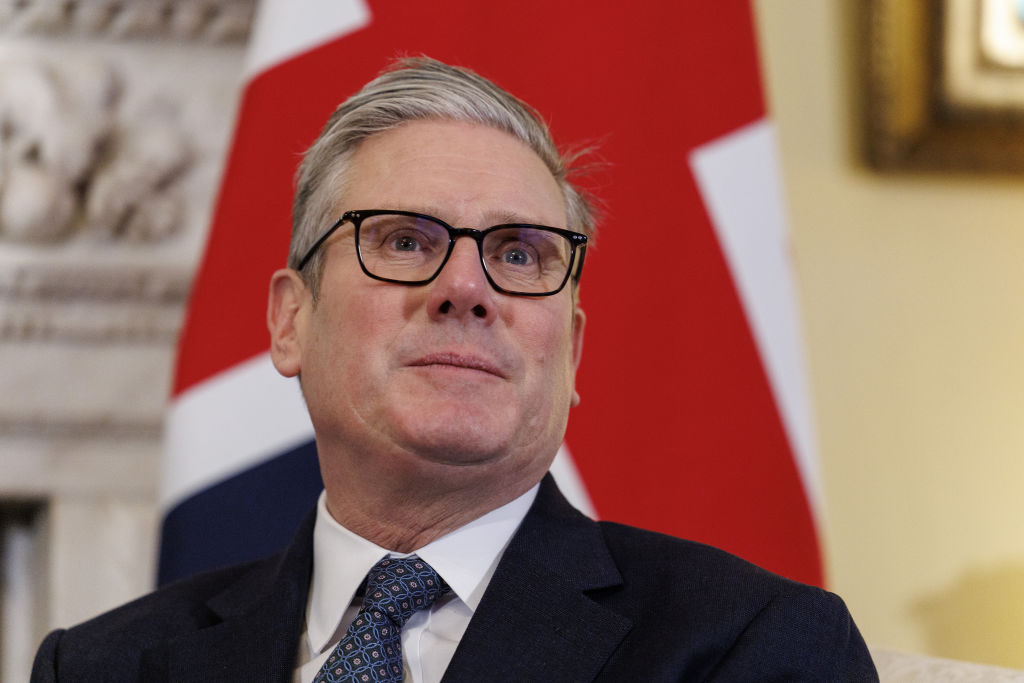What is the Starmerite governing strategy? It appears to be not to govern at all, if possible. Reports this week revealed that Labour has established a new quango every week since coming to power. This comes hot on the heels of the news that the Government has initiated 67 reviews and consultations, sparking accusations that Keir Starmer’s administration risks falling into “paralysis by analysis”.
The Prime Minister’s approach is hardly original. In fact, it’s standard New Labour strategy: what political scientist Peter Burnham has called “the politics of depoliticisation”. Burnham described this as “the process of placing at one remove the political character of decision-making”, allowing ministers to “retain arm’s-length control over crucial economic and social processes while simultaneously benefiting from the distancing effects of depoliticisation”. The use of quangos helped Labour rebuild a reputation for competence by rallying behind “evidence-based policy making”, while at the same time offering politicians plausible deniability if policies were received badly.
Since Tony Blair, there have been numerous attempts to roll back the frontiers of the quangocracy. But David Cameron’s promised “bonfire of the quangos”, over a decade ago, never really sparked, the investigation making a paltry 32 recommendations to abolish both body and function. To paraphrase Ronald Reagan, the quangocracy is the nearest thing to eternal life we’ll ever see on this earth.
This “trim and singe” rather than “slash and burn” approach saw quangos spring back like cut roses. The cost of arm’s-length bodies tripled in the decade following the 2010 review, and former prime ministers Boris Johnson and Liz Truss both sought to tackle them. As the costs rose to £220 billion, Johnson ordered Jacob Rees-Mogg to lead a cost-cutting overhaul.
The failure to challenge the New Labour governing strategy was the worm boring at the heart of the last 14 years of Conservative governments. Quangos became a vital element of the Blob, and were weaponised against elected politicians. But rather than attempt to restore democracy, Starmer intends to empower bureaucrats even further. If they are to be broken, however, they must be understood.
As argued by the late Irish academic Peter Mair in Ruling the Void, the emergence of the quangocracy is the result of the decline in party democracy. Political parties used to have a crucial constitutional function. They provided a link between the rules and those subject to the rules by integrating and mobilising the public, articulating and aggregating interests, then translating these into public policy, recruiting and promoting political leaders from a range of socioeconomic backgrounds in the process. But as elites distanced themselves from the governed, they sought to redefine democracy as a system centred on institutional accountability, process, and the rule of law, downplaying the role of popular sovereignty and direct public participation.
Into this void stepped “experts”, allegedly impartial technocratic specialists operating within ostensibly accountable state or semi-state institutions. This deliberately created, in Mair’s words, a “protected sphere in which policy-making can evade the constraints imposed by representative democracy”. This was accompanied by a gradual shift of power, money and authority away from democratic control.
Starmer is the perfect foil for the Blob. He is an institutionalist who governs by the default impulses of the institutions which seek ever greater insulation from the demands of the electorate. While Starmerism at first resembles grey and ineffectual managerialism, it is, in fact, an attempt to reduce politics to a process which can then be controlled or managed, rather than allowing it to exist in a state of nature as something which — deriving authority from the people — is as alive, unpredictable and demanding as we humans are.
Politics operates like a pendulum, and when the Right finds itself back in the halls of power it will have a hard time rolling back this government’s quango expansion. In many ways, the Right will have to grapple with the constitutional changes of the Blair years which paved the way for Starmer. However, it is possible that a future Conservative government will make the same mistakes as Cameron, pushing democracy yet further out of the British political system.











Join the discussion
Join like minded readers that support our journalism by becoming a paid subscriber
To join the discussion in the comments, become a paid subscriber.
Join like minded readers that support our journalism, read unlimited articles and enjoy other subscriber-only benefits.
Subscribe